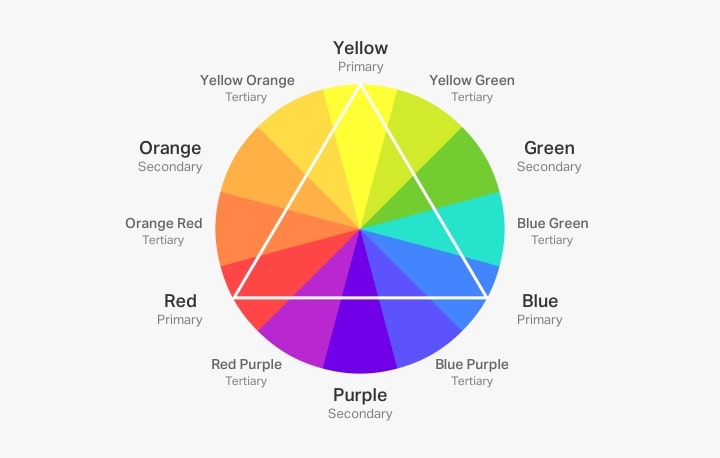Color is one of the most powerful tools in web design. It influences emotions, perceptions, and user behavior. Professional web designers strategically use colors to enhance brand identity, improve user experience, and drive conversions. Here’s how they do it.
1. Understanding Color Psychology
Each color triggers specific emotions and associations. Designers use this knowledge to create visually appealing and psychologically effective websites.
Common Color Meanings in Web Design
-
Red – Energy, passion, urgency (often used in sales and call-to-action buttons).
-
Blue – Trust, professionalism, calmness (popular in corporate and tech websites).
-
Green – Growth, health, nature (commonly used in eco-friendly and finance websites).
-
Yellow – Optimism, happiness, attention-grabbing (used for excitement and warmth).
-
Black – Luxury, sophistication, elegance (seen in high-end brands).
-
White – Simplicity, cleanliness, minimalism (used in modern and healthcare sites).
2. Choosing the Right Color Scheme
A well-balanced color scheme enhances readability and user experience. Web designers typically use:
-
Monochromatic schemes – Different shades of the same color for a harmonious look.
-
Analogous schemes – Colors that sit next to each other on the color wheel, creating a natural flow.
-
Complementary schemes – Opposite colors on the wheel for strong contrast and high impact.
3. Enhancing User Experience with Contrast
High contrast improves readability and accessibility. Designers ensure text stands out against the background, making information easy to digest.
4. Driving Conversions with Color
Strategic use of colors increases engagement and conversions.
-
Call-to-action buttons in red, orange, or green grab attention.
-
Trust-building elements in blue create a sense of security.
-
Negative space in white keeps the design clean and user-friendly.
5. Maintaining Brand Consistency
A website’s color palette should align with brand identity. Consistency across all platforms strengthens brand recognition and trust.
6. Testing and Adjusting for Best Results
Professional designers A/B test color choices to analyze user responses. Adjustments ensure the best possible performance and engagement.
Conclusion
Color psychology plays a vital role in web design. Professional web designers carefully select colors to evoke emotions, guide user behavior, and reinforce branding. When used effectively, colors can transform a website into a powerful marketing tool that captivates visitors and drives results.
Thank you for engaging with our blog at Conquest Capital Ltd. As a leading web design and branding company in Kenya, we are committed to delivering professional, eye-catching, and SEO-friendly websites that make your brand stand out. Our services include web design and development, web hosting, mobile app development, 3D modeling, graphic design, and digital marketing. Connect with us today to elevate your online presence.
Contact Information:
-
Phone: +254 722 961 707 / +254 782 961 707
-
Email: info@conquestcapitalltd.com
-
Website: www.conquestcapitalltd.com

